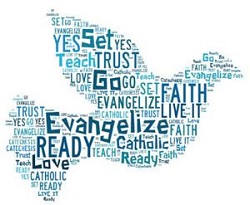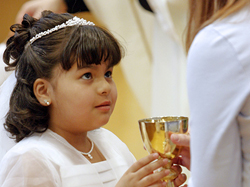
Catechist certification information

List of available DVDs for use by parishes and religious education programs.

Curriculum (PDFs)

When will my child receive the sacraments?
Aaron Kerr, PhD
Director of Faith Formation for Catechesis and Sacraments
429 E. Grandview Blvd.
Erie, PA 16504
work phone: 814-824-1222
akerr@eriercd.org